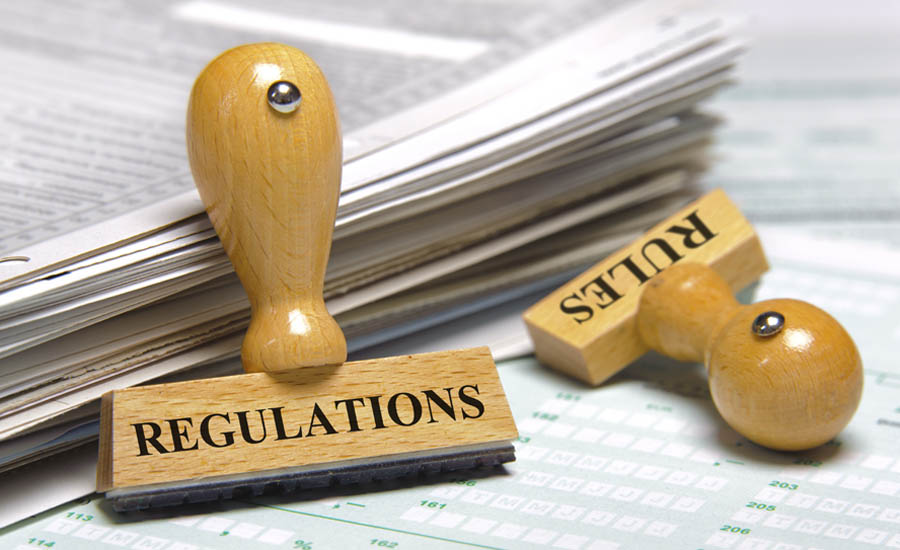A $168 billion budget agreed upon last week by the New York State legislature and Governor Andrew Cuomo includes measures that address workplace sexual harassment in both the private and public sectors.
If signed into law by Cuomo, the measures will:
- prohibit the use of nondisclosure clauses in settlements or agreements relating to claims of sexual harassment, unless the condition of confidentiality is the preference of the complainant;
- prohibit mandatory arbitration clauses for claims of workplace sexual harassment;
- require the New York State Department of Labor and Division of Human Rights to develop a model sexual harassment prevention policy and a model sexual harassment prevention training program for use by employers;
- mandate the distribution of written anti-harassment policies in the workplace and require annual anti-harassment training for all employees; and
- expand protections against sexual harassment under the New York State Human Rights Law to “non-employees,” including contractors, subcontractors, vendors, consultants, and other persons providing services pursuant to a contract.
All New York employers will be required either to adopt the model policy developed by the state agencies or establish one of their own, but it must equal or exceeds the minimum standards that the two agencies develop. Employers will be required to distribute a harassment policy in writing to employees, and to provide sexual harassment training to all employees on at least an annual basis.
The model sexual harassment prevention policy shall:
- prohibit sexual harassment consistent with guidance from the Department of Labor and the Division of Human Rights, and provide examples of prohibited conduct;
- provide information on state and federal laws concerning sexual harassment and the remedies available to victims;
- include a standard complaint form and a procedure for a timely and confidential investigation of complaints that ensures due process for all parties;
- inform employees of their rights and all available forums for adjudicating complaints administratively and judicially;
- state that sexual harassment is considered a form of employee misconduct and that sanctions will be enforced against individuals engaging in sexual harassment and against supervisory and managerial personnel who knowingly allow such behavior to continue; and
- indicate that retaliation against individuals who complain of sexual harassment or those who testify or assist in any legal proceeding is unlawful.
The model sexual prevention training must include:
- an explanation of sexual harassment and examples of prohibited conduct;
- information on state and federal laws concerning sexual harassment and remedies available to victims;
- a section addressing conduct by supervisors and additional responsibilities for such supervisors; and
- information on employees’ rights and all available forums for adjudicating complaints administratively and judicially.






.jpg?t=1721260760)

